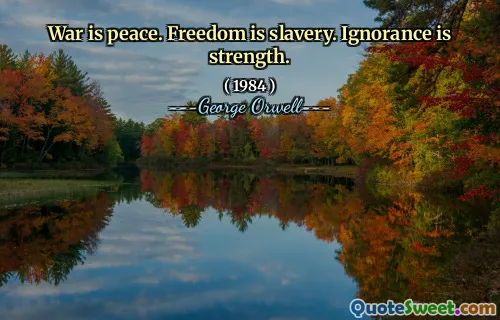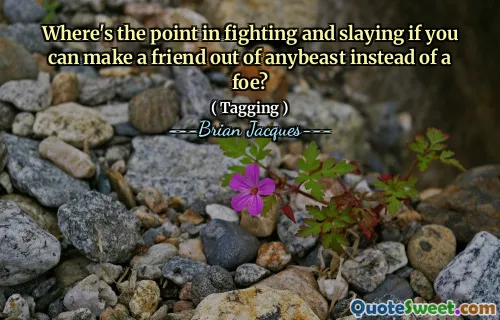I didn't want any flowers, I only wantedTo lie with my hands turned up and be utterly empty.How free it is, you have no idea how free--The peacefulness is so big it dazes you,And it asks nothing, a name tag, a few trinkets.It is what the dead close on, finally; I imagine them Shutting their mouths on it, like a Communion tablet.
The speaker expresses a deep yearning for a state of emptiness and freedom, rejecting typical offerings like flowers in favor of a profound tranquility. This longing emphasizes the desire to be unburdened and liberated, highlighting the contrast between life's demands and the peace found in letting go. Additionally, the imagery used suggests that this ultimate peace is akin to what the dead experience, portraying it as a final resting place where they can find solace. The description evokes a sense of quiet contentment that comes without expectations or material possessions, symbolizing a form of release that is both freeing and deeply profound.
The speaker expresses a deep yearning for a state of emptiness and freedom, rejecting typical offerings like flowers in favor of a profound tranquility. This longing emphasizes the desire to be unburdened and liberated, highlighting the contrast between life's demands and the peace found in letting go.
Additionally, the imagery used suggests that this ultimate peace is akin to what the dead experience, portraying it as a final resting place where they can find solace. The description evokes a sense of quiet contentment that comes without expectations or material possessions, symbolizing a form of release that is both freeing and deeply profound.


